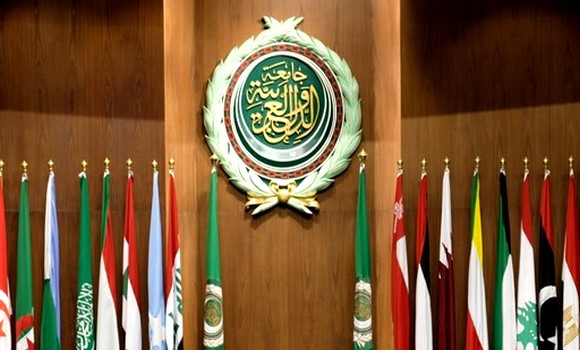The Arab League and the Reintegration of Syria Between Upholding Sovereignty and Facing Regional Challenges
September 6, 20251200 ViewsRead Time: 2 minutes

Font Size:
16
In its emergency meeting at the level of foreign ministers, the Arab League Council affirmed its commitment to the unity of Syria, its sovereignty, and the integrity of its territory, in a step that reflects a significant shift in the Arab position towards Damascus after years of estrangement. This new position was not limited to the political aspect, but also included a clear condemnation of the Israeli incursions in the Golan and southern Syria, which the council described as a "violation of the United Nations Charter".
The Arab Council reaffirmed Syria's right to fully restore the occupied Golan up to the line of June 4, 1967, rejecting the U.S. recognition of Israeli sovereignty over the area. It also condemned Israeli practices in the Golan, including the plundering of resources, depletion of water, and deprivation of the population from their lands, in a strong and unprecedented diplomatic language.
But more importantly, there was a welcome for Syria's continued engagement in joint Arab action after regaining its seat in the Arab League, indicating a strategic shift in the Arab position towards Damascus. This renewed Arab acceptance of Syria comes at a time when it faces serious challenges on various fronts.
The emphasis on the role of the United Nations Disengagement Observer Force (UNDOF) gains particular importance in light of the increasing Israeli escalation in the region. The council called on the United Nations to "take immediate action to stop Israeli violations," indicating that the Arab position has become more resolute in defending Syrian sovereignty.
From a humanitarian perspective, the council valued the Arab and international assistance directed to Syria, emphasizing the importance of continued support to alleviate the suffering of civilians. However, this support remains insufficient in light of the enormous economic and social challenges facing Syria after years of war and sanctions.
It seems that the Arab position on Syria is entering a new phase based on three fundamental pillars: upholding Syrian sovereignty, rejecting Israeli occupation, and supporting reconstruction and national reconciliation. However, the road remains long in turning these principles into tangible reality, especially amid the ongoing regional and international complexities surrounding the Syrian crisis.
This shift in the Arab position represents a historic opportunity for Syria and the region, but its success will depend on the ability of all parties to overcome the legacy of the past and build a future based on common interests and respect for sovereignty and independence.
The Arab Council reaffirmed Syria's right to fully restore the occupied Golan up to the line of June 4, 1967, rejecting the U.S. recognition of Israeli sovereignty over the area. It also condemned Israeli practices in the Golan, including the plundering of resources, depletion of water, and deprivation of the population from their lands, in a strong and unprecedented diplomatic language.
But more importantly, there was a welcome for Syria's continued engagement in joint Arab action after regaining its seat in the Arab League, indicating a strategic shift in the Arab position towards Damascus. This renewed Arab acceptance of Syria comes at a time when it faces serious challenges on various fronts.
The emphasis on the role of the United Nations Disengagement Observer Force (UNDOF) gains particular importance in light of the increasing Israeli escalation in the region. The council called on the United Nations to "take immediate action to stop Israeli violations," indicating that the Arab position has become more resolute in defending Syrian sovereignty.
From a humanitarian perspective, the council valued the Arab and international assistance directed to Syria, emphasizing the importance of continued support to alleviate the suffering of civilians. However, this support remains insufficient in light of the enormous economic and social challenges facing Syria after years of war and sanctions.
It seems that the Arab position on Syria is entering a new phase based on three fundamental pillars: upholding Syrian sovereignty, rejecting Israeli occupation, and supporting reconstruction and national reconciliation. However, the road remains long in turning these principles into tangible reality, especially amid the ongoing regional and international complexities surrounding the Syrian crisis.
This shift in the Arab position represents a historic opportunity for Syria and the region, but its success will depend on the ability of all parties to overcome the legacy of the past and build a future based on common interests and respect for sovereignty and independence.